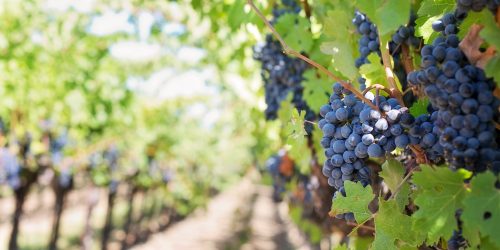
Source: Pexels
It’s not just the grapes — the apples have turned red, making them look like lights on Christmas trees, and the little fruit stands along the way are now displaying butternut squash, pumpkins, apples, pears, and u-pick grapes, all sure signs that summer is on the way out and fall on the way in. Of course, my next thoughts were of Thanksgiving dinner finished off with pumpkin pie. Yes, there is much to enjoy and be thankful for this time of year! However, there are some who won’t understand what I am talking about because they have never experienced a fall like I described above.
Some time ago, I taught grades four through six on a small island out in the Pacific Ocean. When I tried to explain winter to my students, they were not able to comprehend snow and cold. They would not believe in something they had never seen or experienced. Even though I showed them pictures of snowscapes and frozen lakes, they would not believe that they existed and were quick to say, “You lie,” a phrase they used often when they couldn’t comprehend what I was telling them. It was not until later, when one of my students visited me in California during winter and saw real snow, that they could understand what I had been talking about.
God understands the situation I am describing quite well. He has been misunderstood, falsely accused, and unfairly represented because sin and time have disabled our ability to comprehend what His original vision for us was. His remedy to resolve it was to send Jesus to our lost world to be “God with us” — to be a bridge between heaven and earth. To grow up with us, to work among us, to teach and show us what God is like, to die for us so we can go see Him for ourselves.
Allow me to challenge any who read this little article. During this fall season as we celebrate the bounties of harvest and the Thanksgiving and Christmas holidays, let our prayer request be to receive the ability to speak the language of thankfulness. Its vocabulary might include (but is not limited to) service given in love, a smile, a kind word, sharing our blessings, showing mercy, being patient, and having a forgiving spirit. Instead of just being thankful for the bounties and blessings we enjoy, may we practice our thankfulness by tangibly sharing them with others. In that way we can introduce others to experiences they will cherish the rest of their lives, maybe even for eternity. Isn’t that what stewardship is all about?
Jon Corder is Stewardship director of the Lake Union Conference.